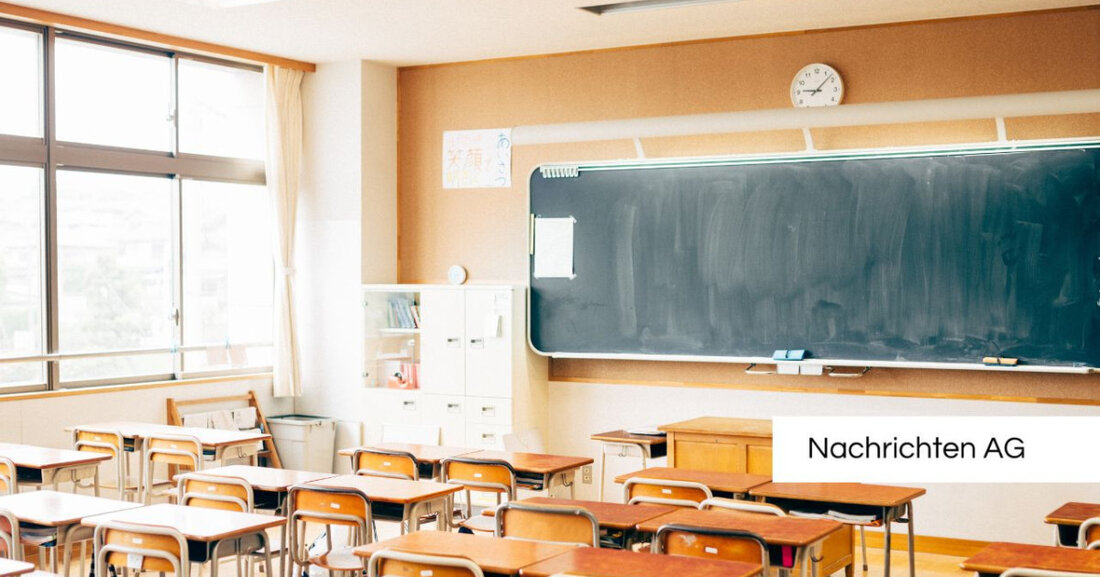How we stay mentally fit in old age: Learn alive up to 45!
How we stay mentally fit in old age: Learn alive up to 45!
Stuttgart, Deutschland - The dismantling of cognitive skills in old age begins later than originally thought and can be delayed significantly through lifelong learning. According to the current findings of the German Institute for Economic Research (DIW), reading skills reach their peak on average up to the age of around 45, while arithmetic skills increase up to around 40 years. From these age limits, age -related setbacks are used in cognitive performance, whereby people are particularly affected who use their skills in everyday life or profession less often. This information is considered in connection with the importance of continuous learning, which contributes significantly to the conservation of cognitive skills. It is necessary not only to emphasize early learning in school and training, but also to promote the use of these skills in older adults, as this not only supports personal development, but also social prosperity and growth, such as DIW reports .
In the context of education and lifelong learning, the role of specialist literature also becomes clear. A contribution by Ursula M. Staudinger and Heike Heidemeier examines in their work "Aging, Education and Lifelong Learning" how further training and education in adulthood can contribute to improving productivity and health. The volume analyzes the training landscape in Germany and compares the social, financial and legal framework with those of other countries. This monograph, published by the scientific publishing company in Stuttgart, contains valuable insights into the importance of education through various contributions from well -known authors who deal with topics such as learning culture, learning success and learning in old age. For more information, reference can be made to the detailed display of the specialist portal for pedagogy
The need to maintain cognitive skills through regular practice and further training is also important in the broader discussion about educational research. A study published in the magazine Bildungsforschung emphasizes how important the exchange of information and the accessibility of educational resources are. While the rights of the authors have to be preserved, reading, printing and linking to individual contributions will be considered beneficial in order to stimulate the discussion about education and skills. Access to high -quality specialist literature is crucial for the scientific examination of the challenges of aging and learning. Interested parties can learn more here . The integration of lifelong learning into social practice is not only a personal responsibility, but also a social necessity. The breakdown of cognitive skills can be a natural process, but through regular further training and their use in everyday life, milestones can be achieved that benefit both individuals and society. This makes it clear that the preservation and promotion of competence not only increases the quality of life of the individual, but also contributes to the development of society as a whole. The influence of education on society
| Details | |
|---|---|
| Ort | Stuttgart, Deutschland |
| Quellen | |


Kommentare (0)